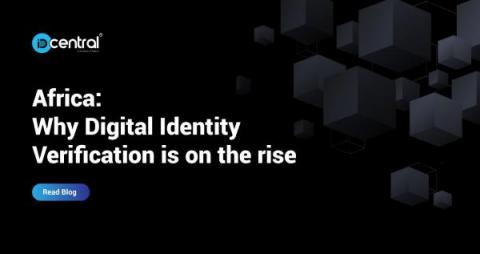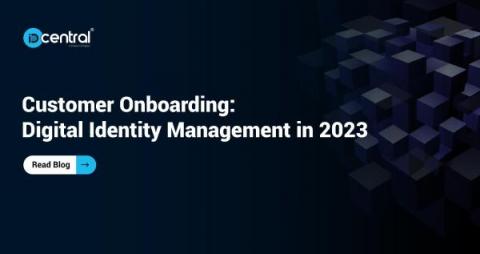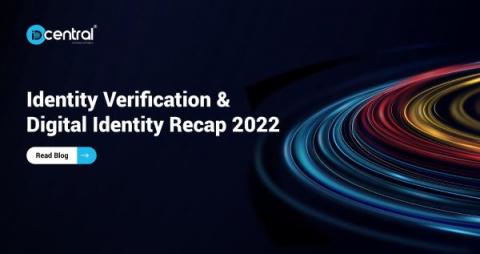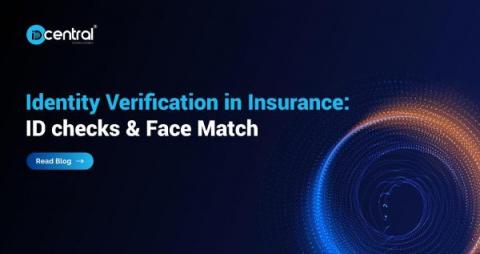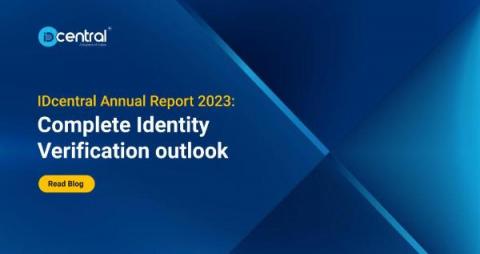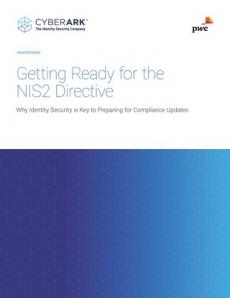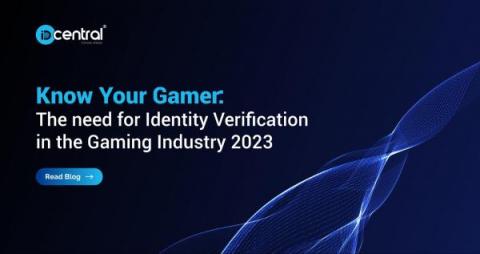UK's automated self-check-outs using Age Verification API
Self-checkout kiosks are automated devices that enable consumers to scan and pay for their products without the help of a cashier. By this point, we’ve all encountered them. They are frequently seen at supermarkets, department shops, and other retail locations where it is possible to skip tedious manual check-out.



